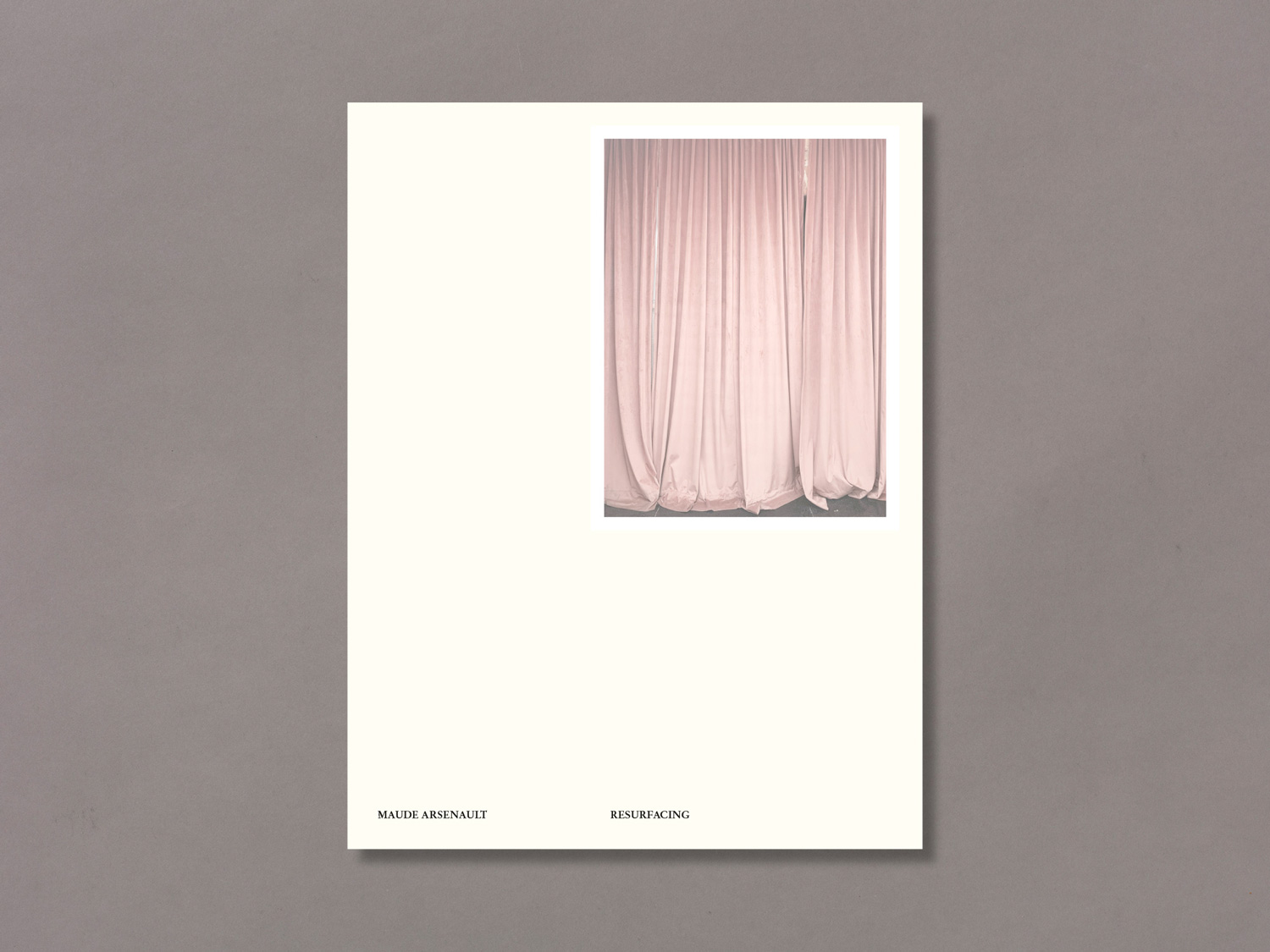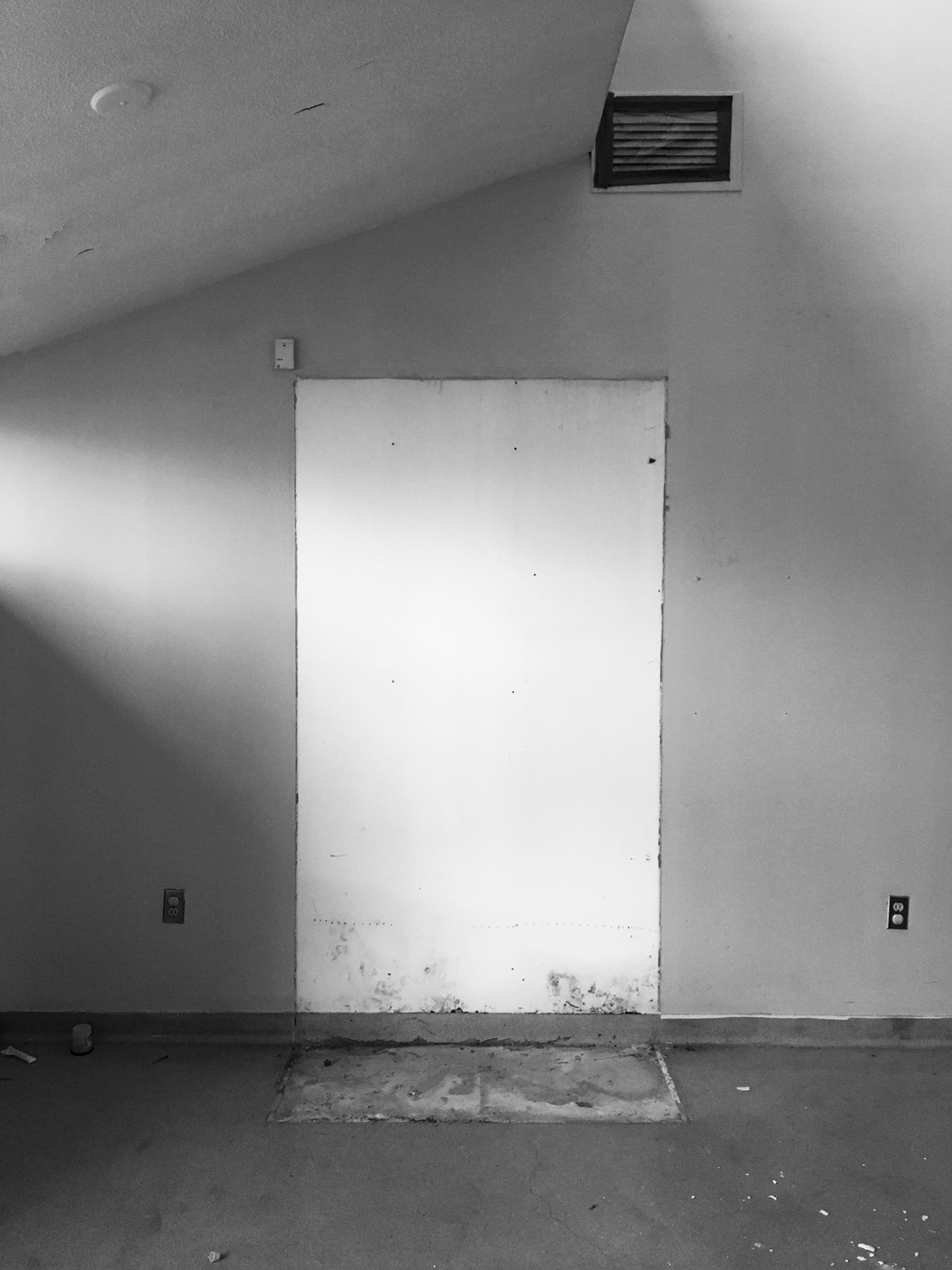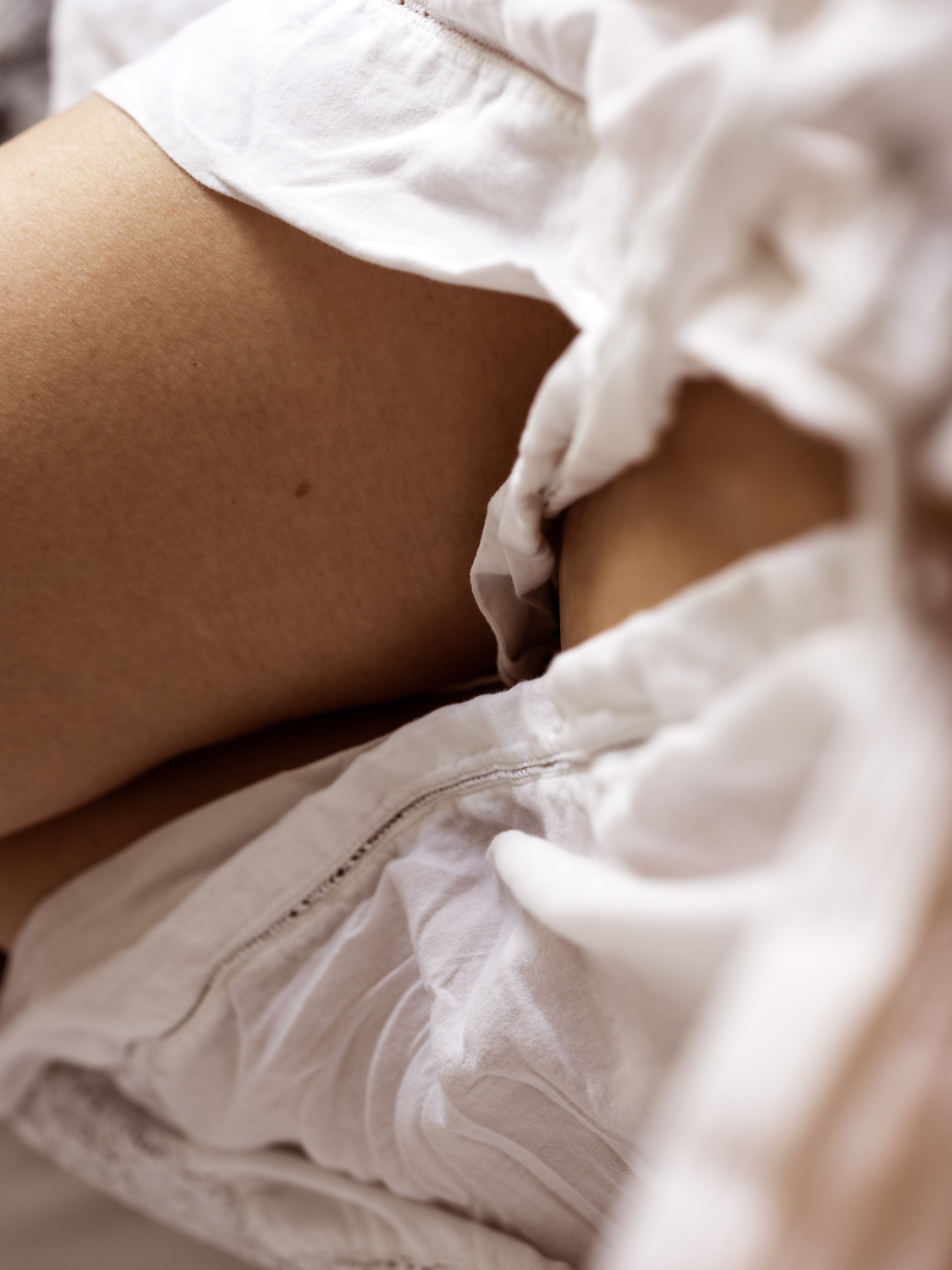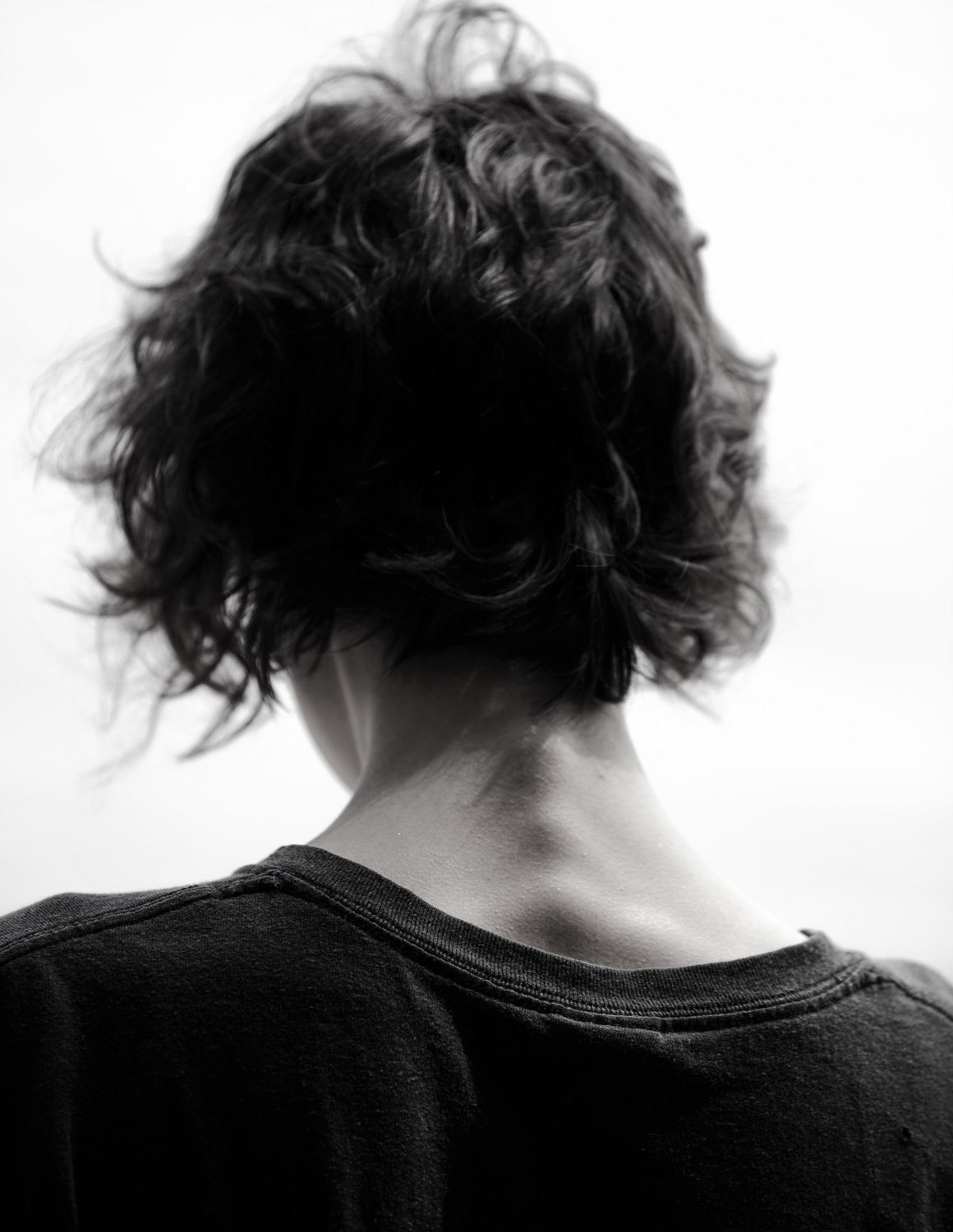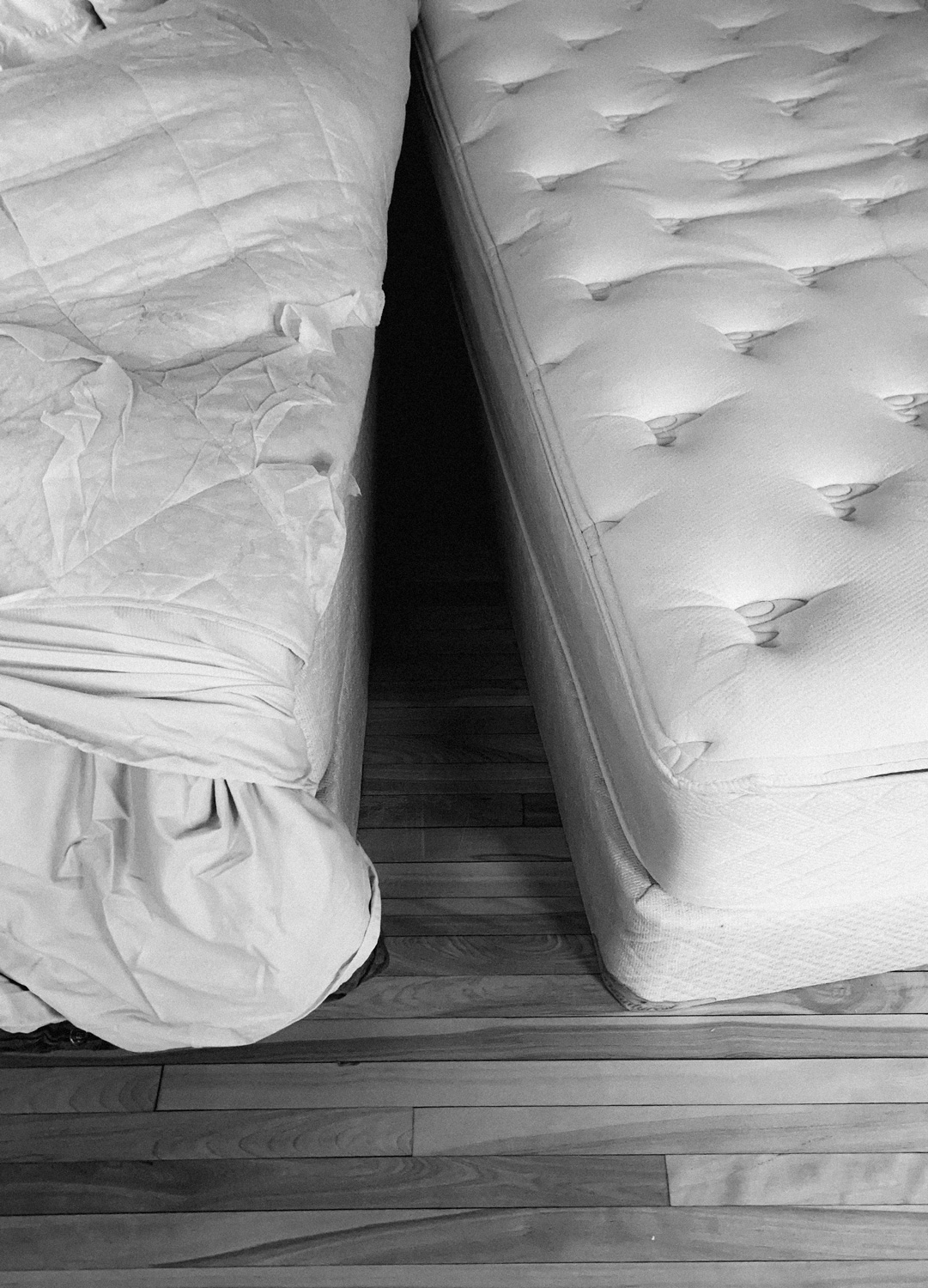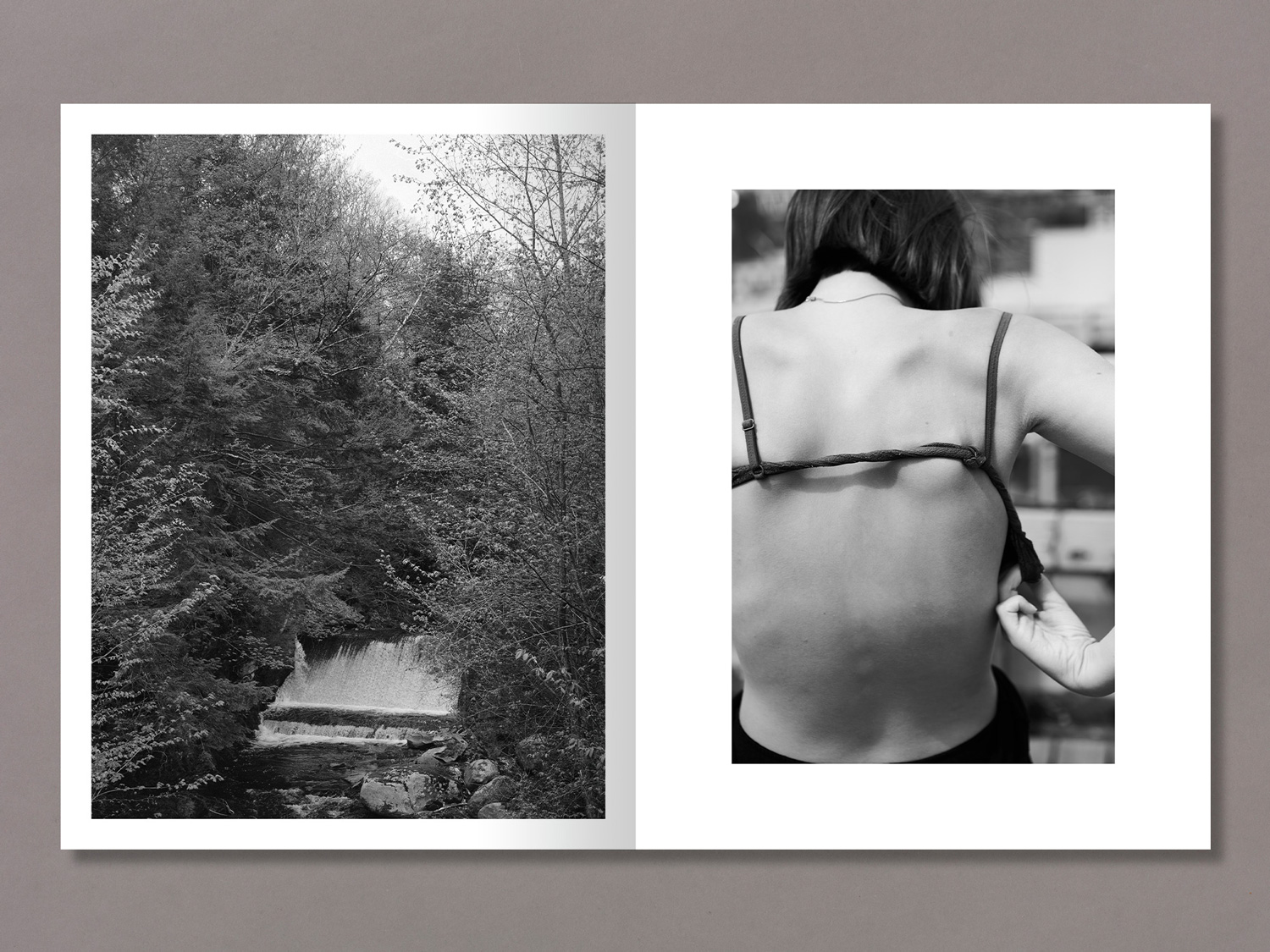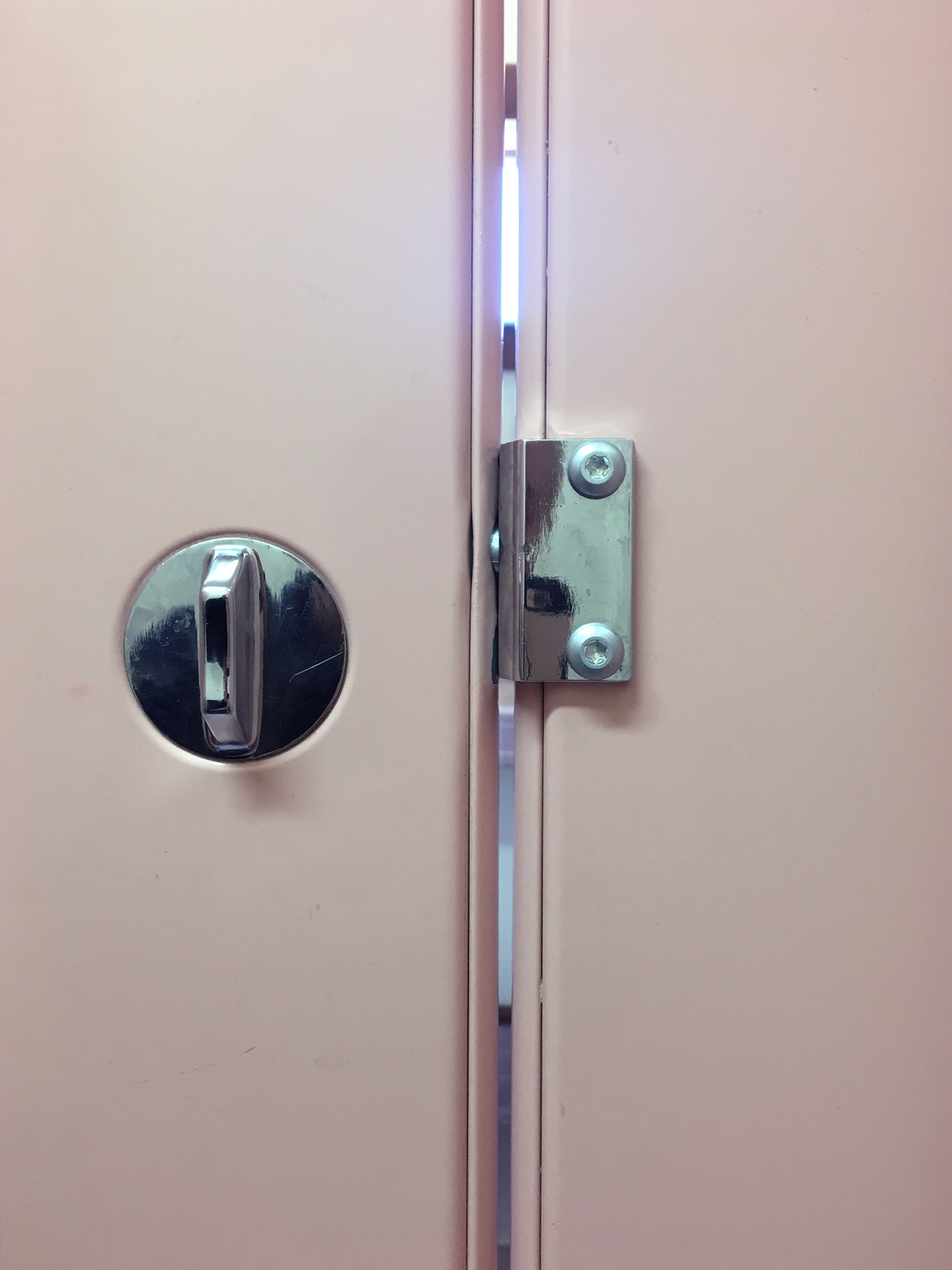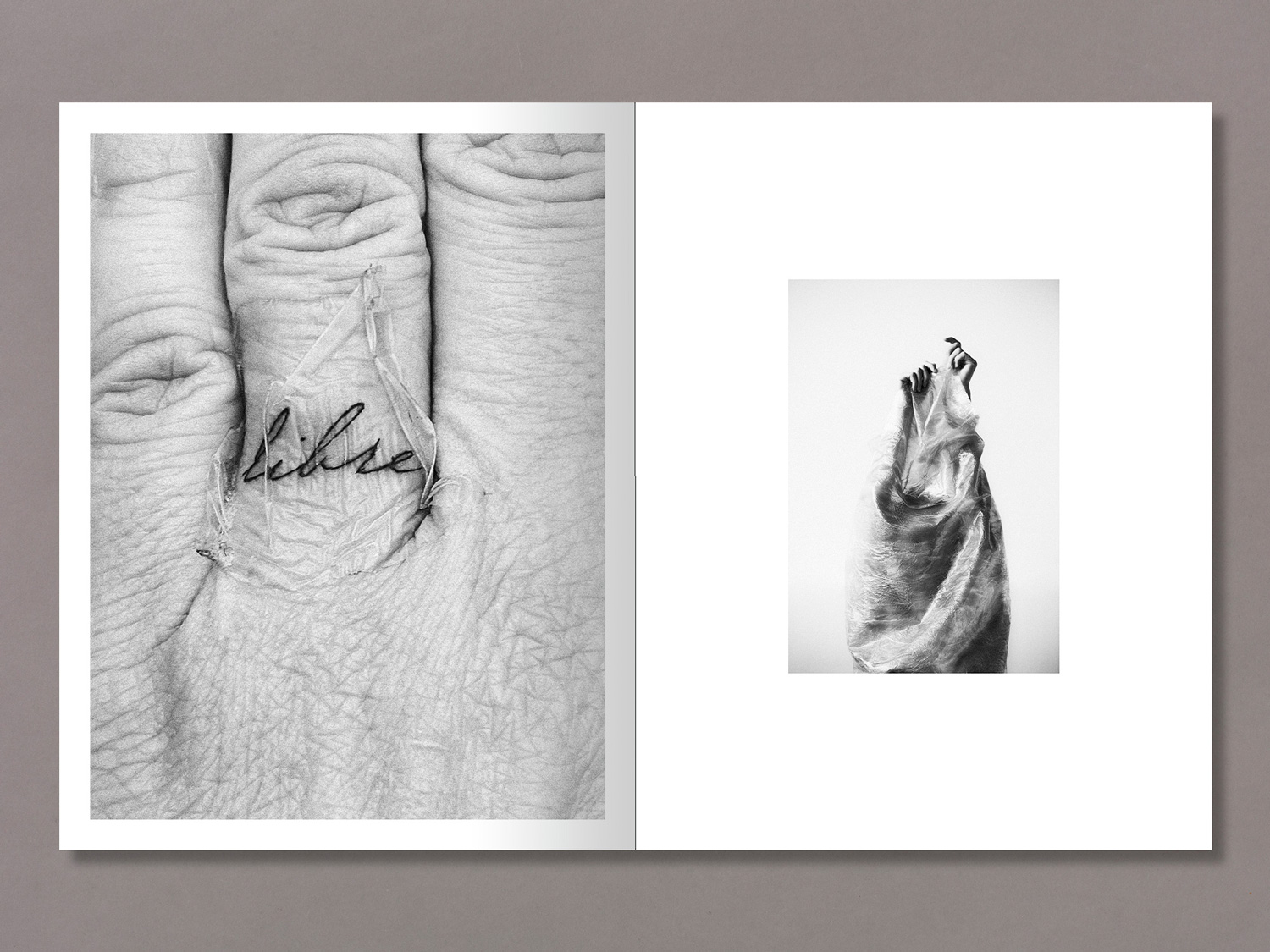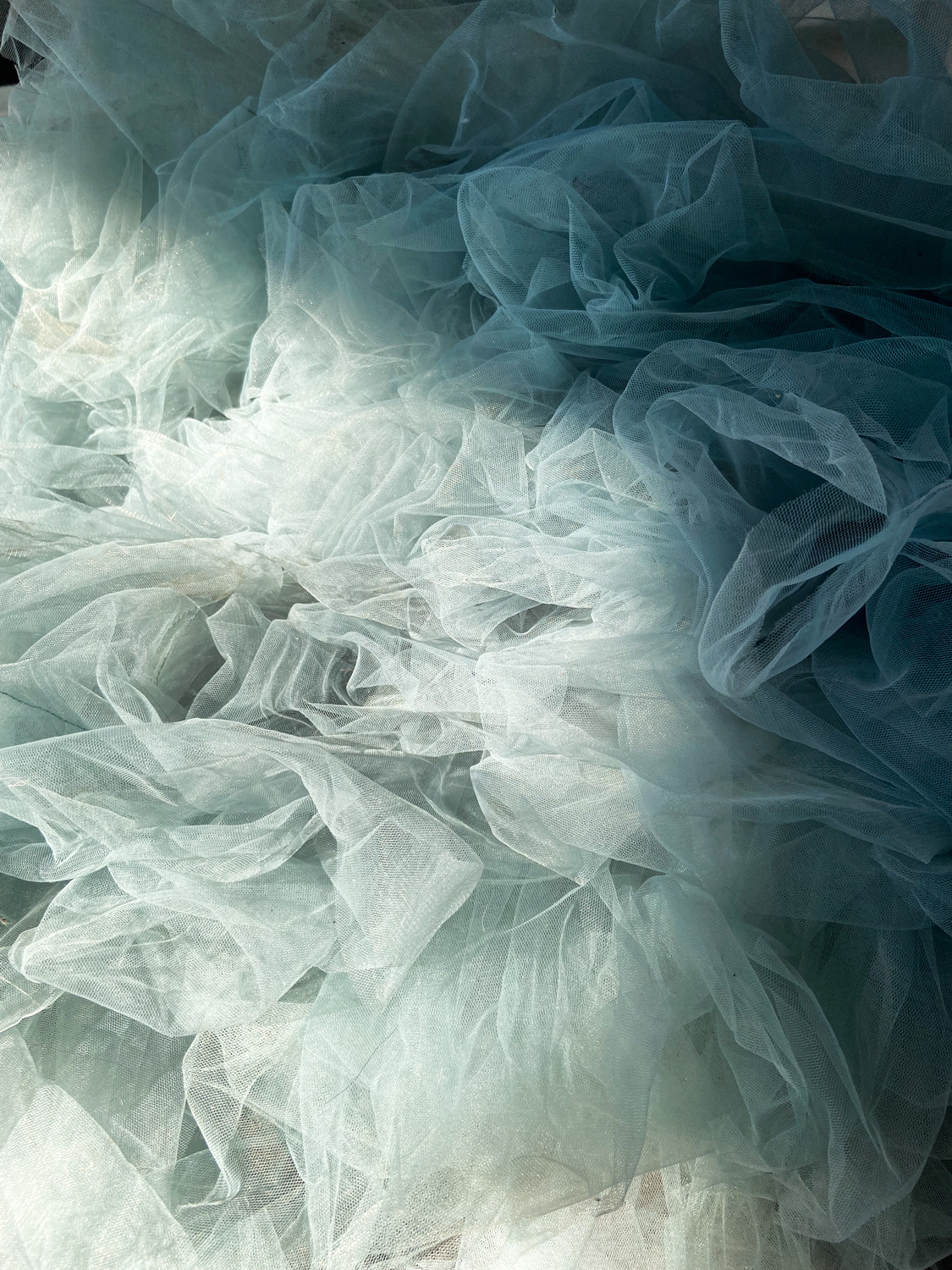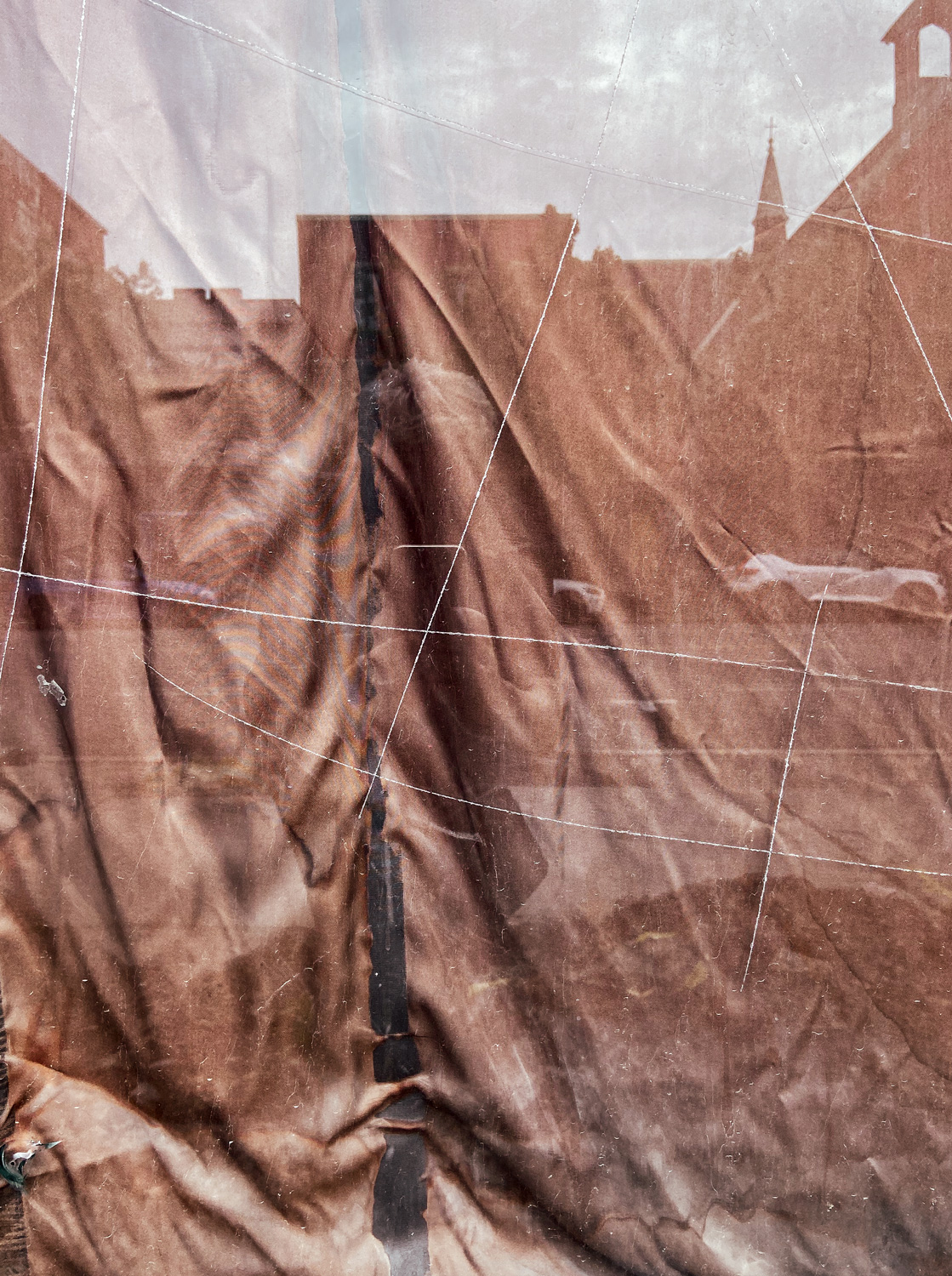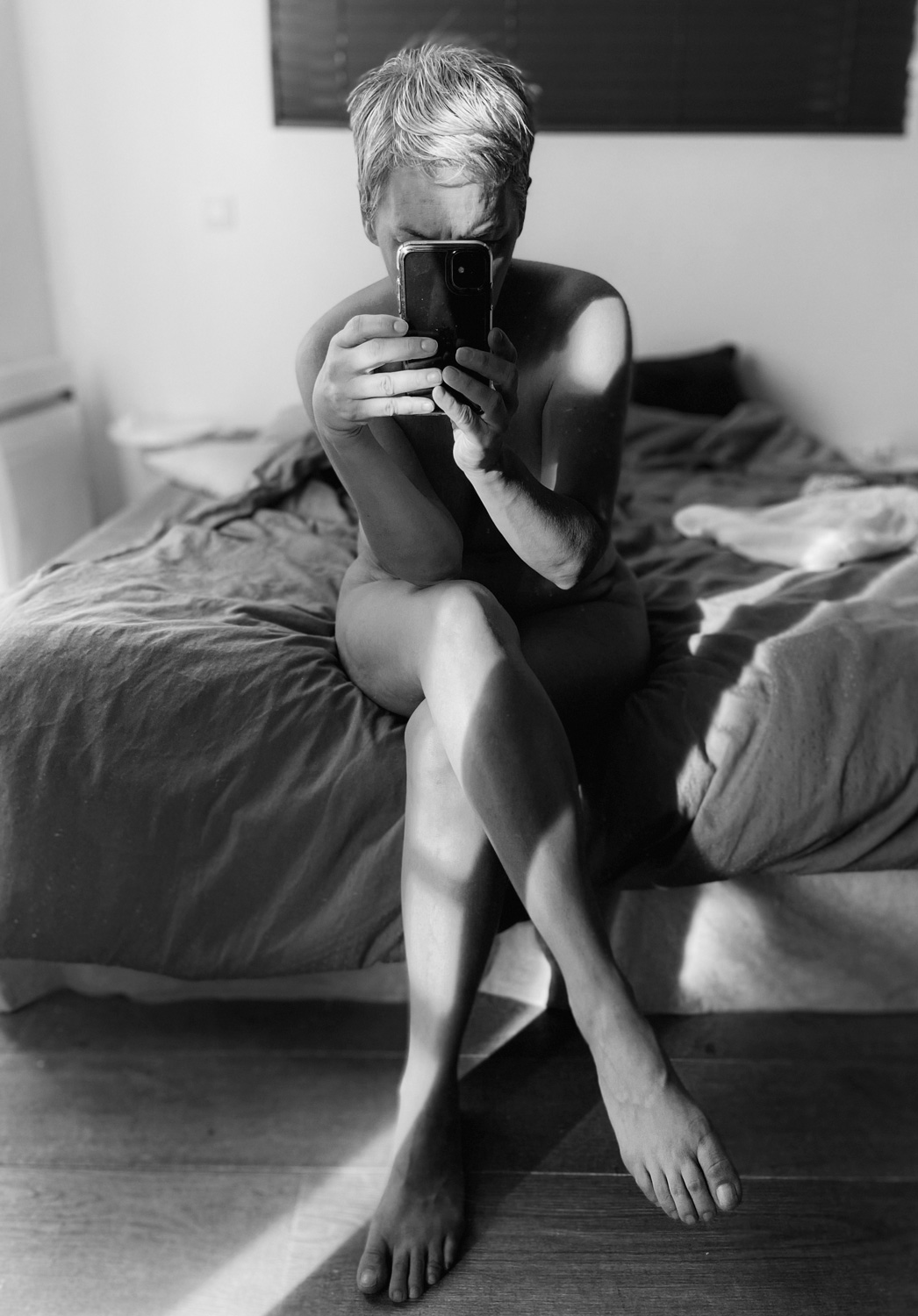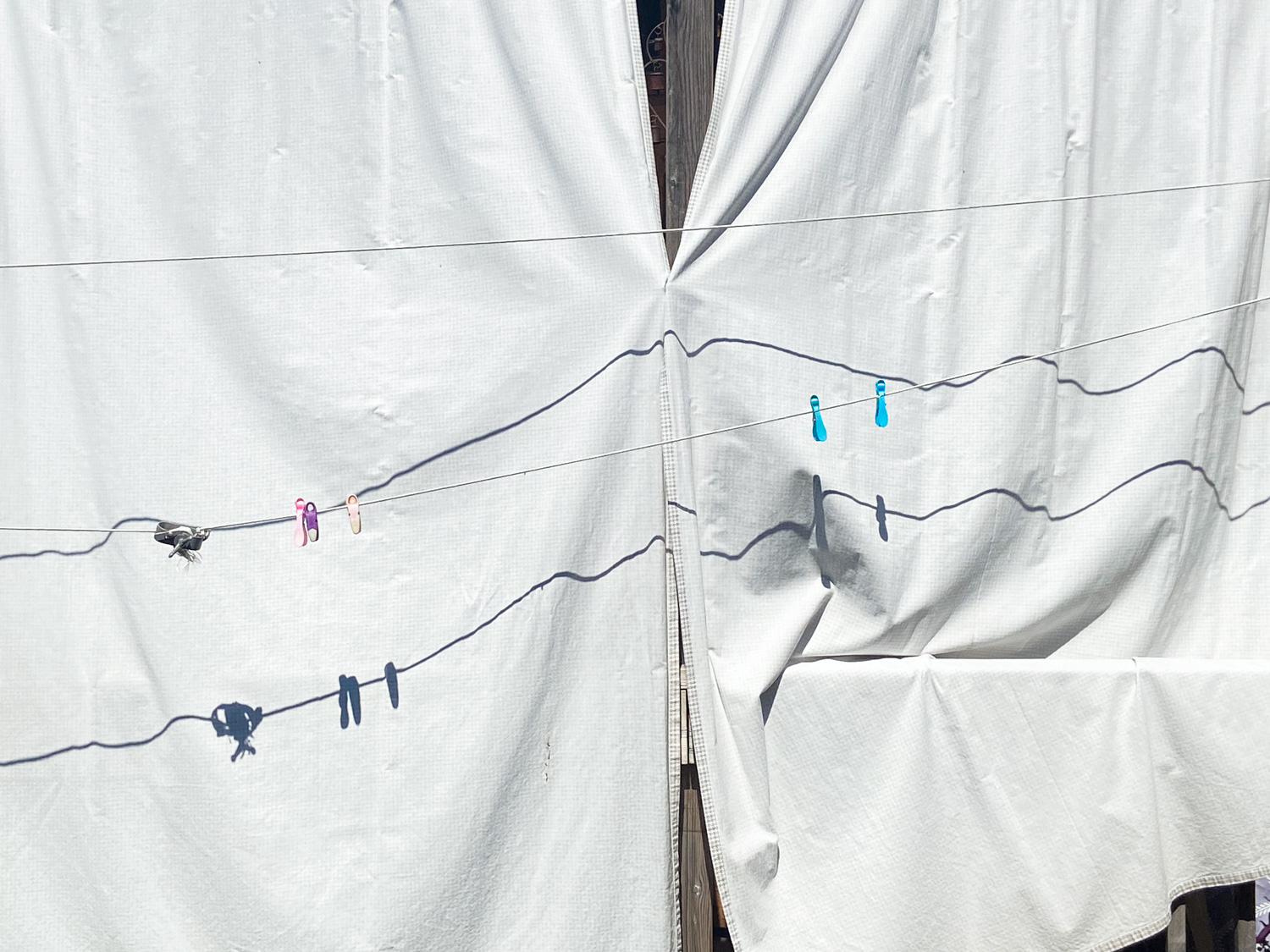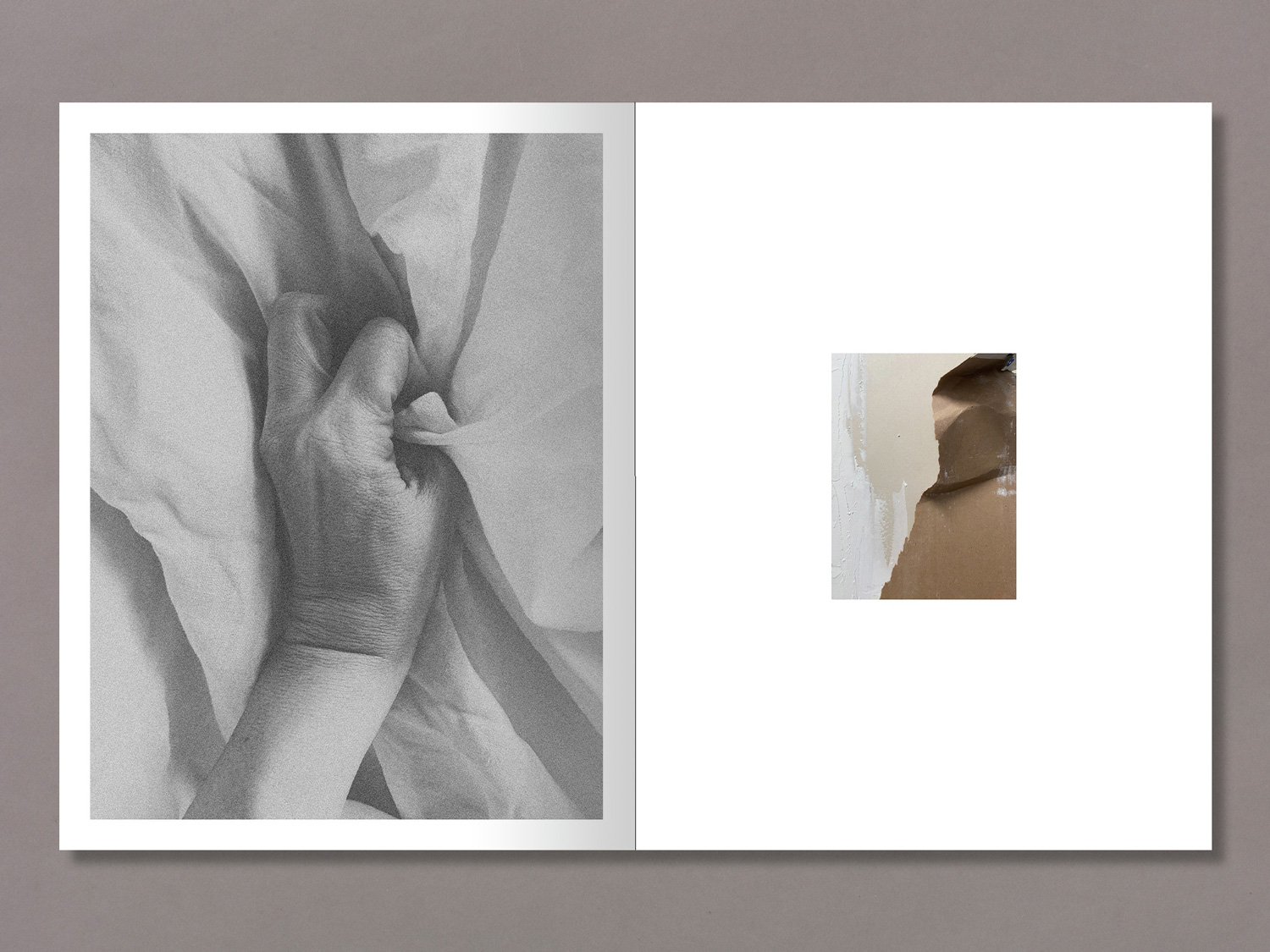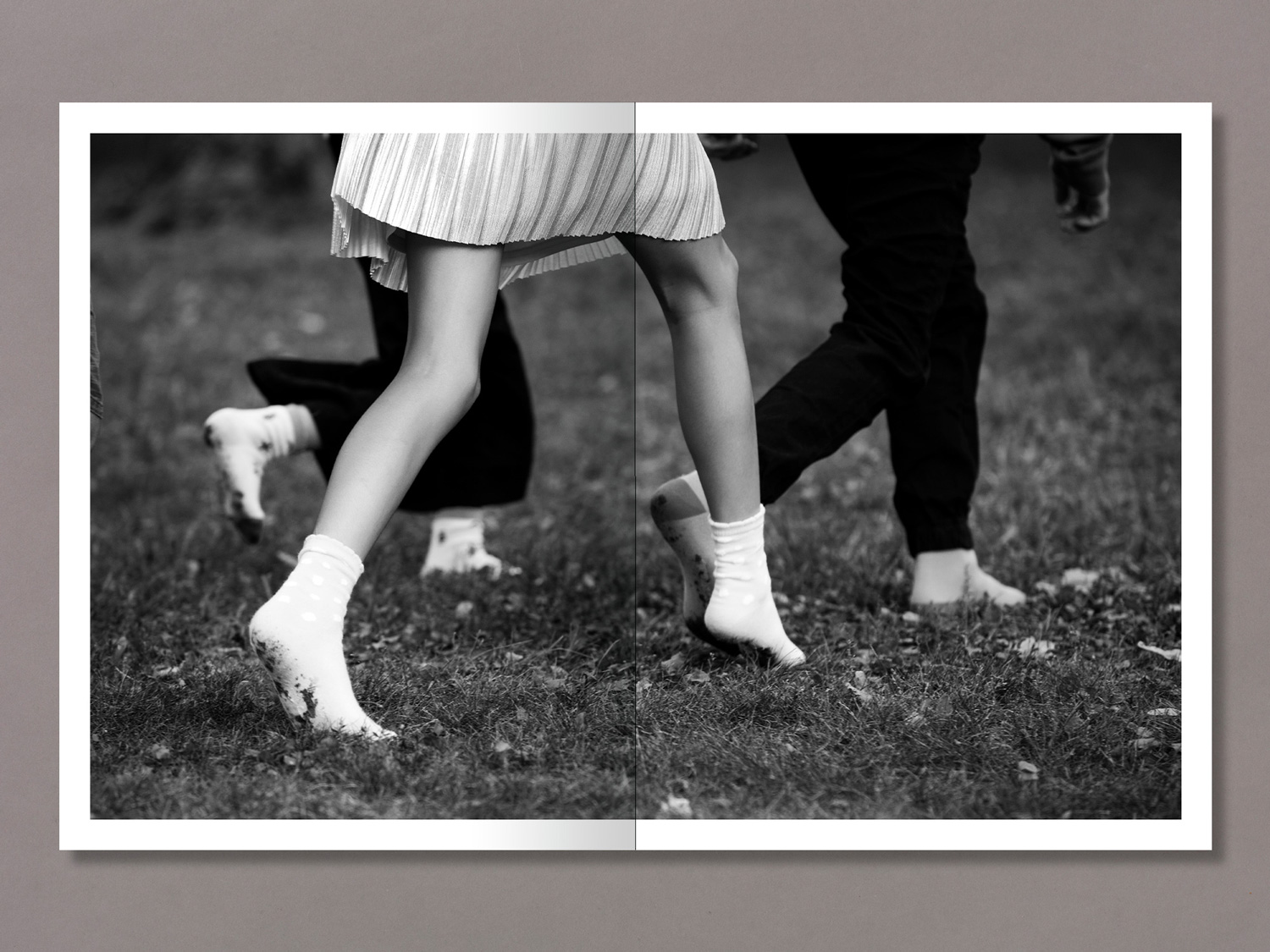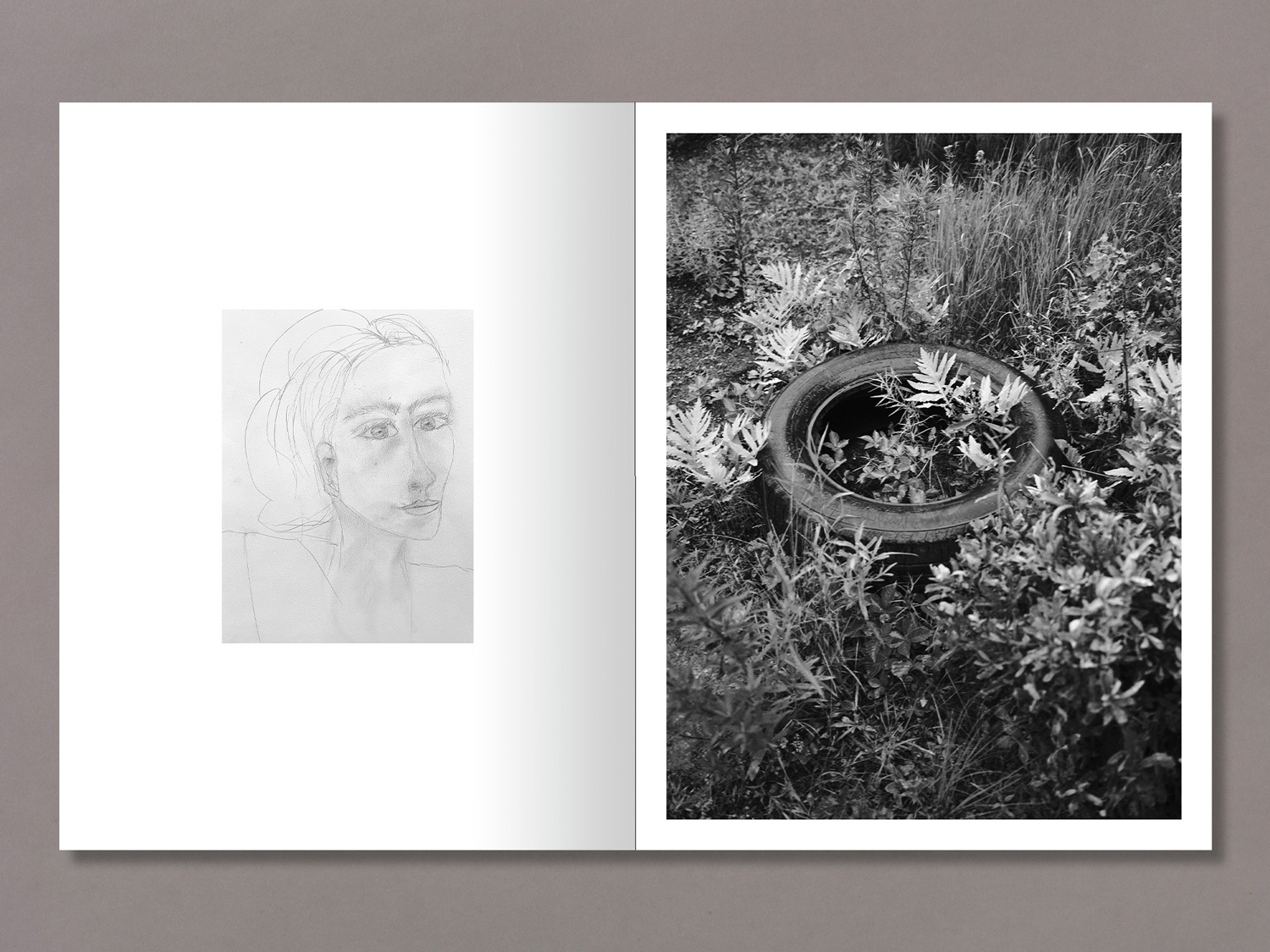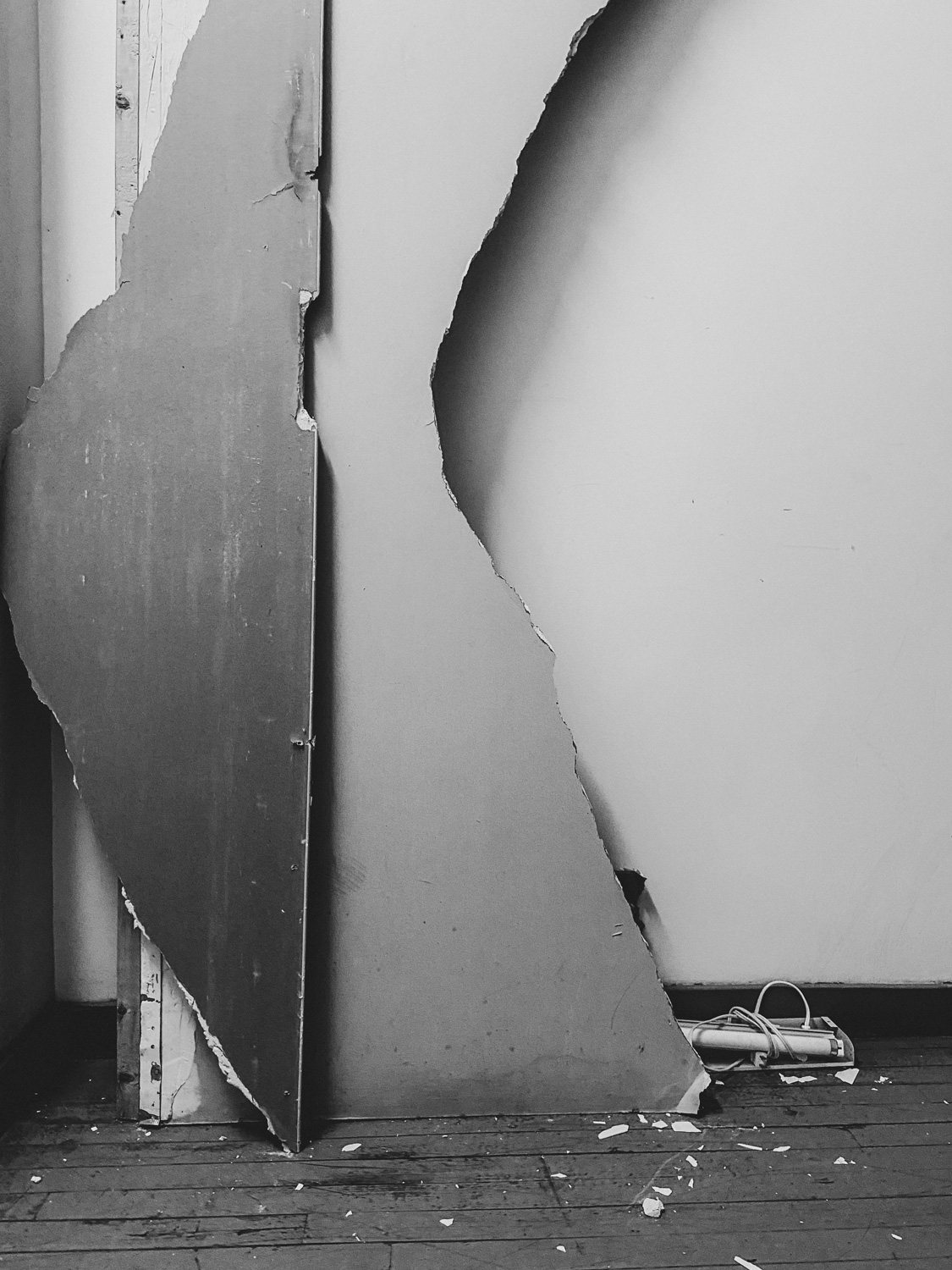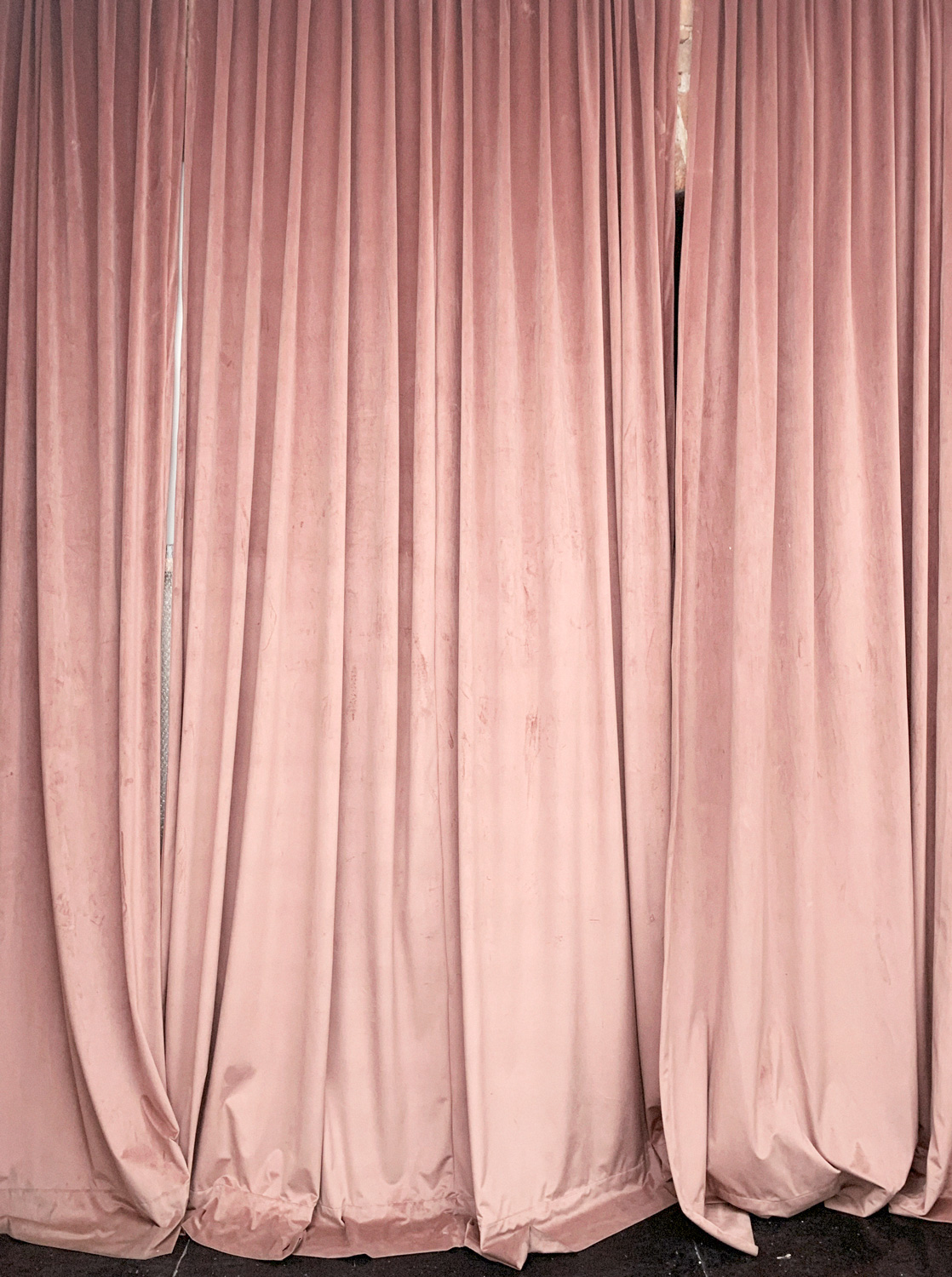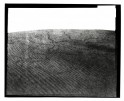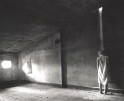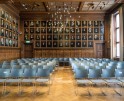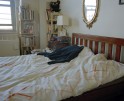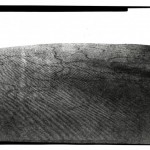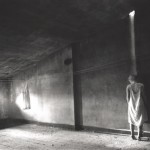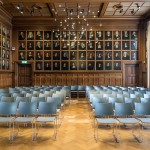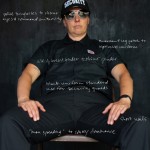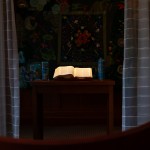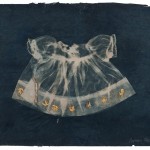Maude Arsenault : Resurfacing : Deadbeat Club
Resurfacing is the second book by Maude Arsenault published with Los Angeles-based Deadbeat Club. Entangled, which debuted in 2020, contended with the expectations and representations of women. And now Resurfacing takes things further with a look at what happens beyond the typical storyline, when one dismantles the societal norms and re-emerges anew. Through a contemplative sequence of black and white photographs strewn with soft hues of color, Arsenault’s images of surfaces and bodies contend with the dualities of a society built on extremes and the subtleties of the human experience attempting to live a truth within these arbitrary boundaries.
The following is a transcript of a conversation between Tracy L Chandler and Maude Arsenault.
TLC: I know you used to work as a fashion photographer and transitioned to a more art focus over the last few years. I am very interested in this shift. What motivated the change?
MA: This transition wasn’t entirely a choice; it was also a necessity. I started in fashion photography when I was very young. I was 22 and enjoyed a fast career. I traveled a lot. By age 30, I was on the brink of a big push in my work. I was about to sign with an internationally established photo agency when I became pregnant. I thought I would just have the baby and pick up right where I left off. I had no idea how having a child would change me. I wanted to be home and to build a nest. Over the years and a separation, I had 2 more children and worked as a commercial photographer. This allowed me to be near my family and provide for them financially but it was not satisfying me artistically. I needed more. I first decided to do a degree in art history and back to grad school to focus on my art practice. My work now reflects my experiences as a mother and the societal roles imposed on women. I believe the personal is political (Carol Hanisch, 1969), shaping our views of the world.
TLC: How different are these experiences of making for you? Does it feel like a different mode when making art vs commercial work?
MA: It’s totally changed. It’s gone from one opposite to the other. When doing fashion work I was shooting a lot. All day long clicking the button. And now I feel as though I barely take pictures. Things are much slower. And I rarely shoot people. Over the last few years. I have been digging very deep in theoretical work about my relationship to photography and to woman’s representation. So for me, shooting people brings back the old pressure of making the subject feel comfortable and happy about how they look. And I don’t want to do that anymore. I’m interested in the cracks, I’m interested in the scars, I’m interested in where beauty can reveal itself through the folds.
TLC: Resurfacing (we’ll get to that in a moment) is the follow-up title to your first book with Deadbeat Club called Entangled, in which you address representation, especially of women through adolescence. Was this a conceptual exploration or also personal?
MA: Entangled is my relentless reflection on family life, the domesticity, motherhood, and expectation we have for our future. I made that work during a difficult time personally as I was going through a major shift in my relationships. One of the things that kept me going was to take pictures of my daily life as a form of expression, particularly focusing on my teenage daughter at the time. I questioned the traditional, normative life path she envisioned, like marriage and maternity, and reflected on societal expectations and the contrast between what we are told to aspire to and what we actually want or need. Through ‘Entangled,’ I wanted to showcase the journey of facing life as a woman as I was contending with these issues both in my personal life as a mother and conceptually as an artist.
TLC: How does Resurfacing build upon these themes? What new aspects of the female experience do you explore in this project?
MA: Resurfacing is about deconstruction and then rebuilding again. It’s like taking something that has been away for a while and bringing it back, or finding something after it’s been lost. In a way, it’s about renewing or changing the surface of something, like re-tarring a roof. Building upon the themes in ‘Entangled,’ which focused on expectations and societal norms, ‘Resurfacing’ delves deeper into the concept of transformation and renewal. It’s about how we, as women, reconstruct our identities and lives, often after periods of being lost or submerged under societal expectations or personal challenges. While ‘Entangled’ explored the beginning of this journey, ‘Resurfacing’ is more about coming out on the other side, having changed or evolved.
TLC: Yes. I am also thinking about the literal meaning too. I am thinking about surfaces. A photograph only really has a surface (the paper, screen, or page of a book) and only shows a surface (the light reflected on to the substrate.) Photography is a fitting metaphor. In this book, I notice you depict surfaces of all types, hard and soft, smooth and textured. I am looking at the image of the tulle fabric, such a feminine material. What metaphors are you building with these different textures?
MA: With the surfaces I am exploring duality. For example, the tulle fabric, often associated with ballet skirts, is used to represent softness and femininity. On the other hand, I contrast this with harder, more masculine elements like bricks and cracked concrete. This juxtaposition is not just about gender binaries but also about the interplay of strength and vulnerability, the seen and the unseen, the external and internal aspects of our lives.
TLC: I am also intrigued with the glass surfaces, windows and mirrors. These surfaces are reflecting back at us, a few times reflecting an image of you. Is including images of yourself in your work new for you? How does that feel considering what we discussed earlier about portraiture and portrayal of women?
MA: When I started using my own body in my work, it felt great. It felt like the right way for me to re-appropriate elements of my spaces as a woman, especially for where I am in my life now. For instance, that portrait I did in the mirror, it was an accident. I was in Paris right after the pandemic and saw myself in the mirror, and it felt really in phase with how I felt, so I took it. It’s kind of a total about-face from where I used to focus on making other people beautiful, and now I’m coming back and looking at myself. It’s a version of accepting where I’m at. Instead of trying to make something into something it isn’t, I’m accepting what is. I think there’s something empowering for women through social media in the last 10 years, to face ourselves and change the male gaze to the female gaze. It’s us looking at us, instead of always having men picturing us in a way that they find desirable.
TLC: In both of your books you mix B&W and color images and your use of color is so subtle, for example a tiny clothespin on white sheet and the softest of pink for the book materials. Do you always work in this palette?
MA: This approach just feels natural to me. I’ve been told it’s unusual, but I don’t see it that way. I never questioned this style; it’s traditionally how I look at the world. I like the serenity and softness this palette brings, even when exploring harder subjects or surfaces. It’s like creating a balance between the hard and the soft, the subtle and the obvious.
TLC: Were you always thinking of a book when making these pictures or did that idea come later?
MA: For Entangled, I made the images as an act of survival, not knowing they would end up in a book form. But after that book came along and I then took the journey of grad school and theoretical thinking, I started working and reflecting on my own experience as a woman from a more empowered place. As I was making images and printed works It started to make sense to think of this body of work as a whole new series (Resurfacing) that could become the next chapter after Entangled.
TLC: This is your second time working with Deadbeat Club. How has your experience changed this time around? Was there a shorthand that made things flow easier?
MA: It was nice to work with Deadbeat Club again. Clint (Woodside) was very careful not to impose his male gaze, or as Clint puts it, his “dude energy’ into it, which I really appreciated. My past experiences with male figures in power positions have often been quite oppressive, and I’ve had issues with trust when it comes to them making decisions and having control over things. However, Clint was very open, collaborative, and embracing of the dynamic between his world and mine, which was very special. Working with Deadbeat the second time around, there was a sense of familiarity and an established workflow. We worked collaboratively on the design of the book. While Clint was the designer, it was a joint effort from a maquette we worked on together. This shared passion and dedication made the process smoother and more enjoyable. So, yes, there was a kind of shorthand in our working relationship the second time. We understood each other’s work ethic and creative aspirations, which facilitated a more seamless and harmonious collaboration. I am so happy with how the book turned out and can’t wait to share it.
Resurfacing by Maude Arsenault is published by Deadbeat Club. The softcover photobook is available for pre-order and is also available in special editions sold with prints and as a set with its companion photobook Entangled.
Maude Arsenault, photographer, artist, mother and feminist, now works in the visual arts after an extensive career as a fashion photographer. Her work invests the themes of female representation, private space, domesticity and intimacy within the framework of a photographic and material approach which oscillates between abstract compositions, self-portraits, landscapes and images documentaries. She explores from the photographic and printed image, collage, sculpture and installation. In doing so, her projects deploy bodies as spaces and unexpected spaces of the body, in a perspective of self-determination for women.
Follow Maude Arsenault on Instagram
Deadbeat Club is an independent publishing group & coffee roaster located in Los Angeles, California. Rooted in contemporary photography, their ethos on small run, limited edition publications carries into their small batch signature blend coffees.
Follow Deadbeat Club on Instagram
Tracy L Chandler is a photographer based in Los Angeles, CA.
Follow Tracy L Chandler on Instagram
Posts on Lenscratch may not be reproduced without the permission of the Lenscratch staff and the photographer.
Recommended
-
Jonathan Silbert: InsightsFebruary 19th, 2026
-
Olga Fried: Intangible EncountersFebruary 18th, 2026
-
Anne McDonald: Self-PortraitsFebruary 17th, 2026
-
Review Santa Fe: Leslee Broersma: Tracing AcademiaFebruary 11th, 2026
-
Review Santa Fe: Ilana Grollman: Just Know That I Love YouFebruary 10th, 2026

